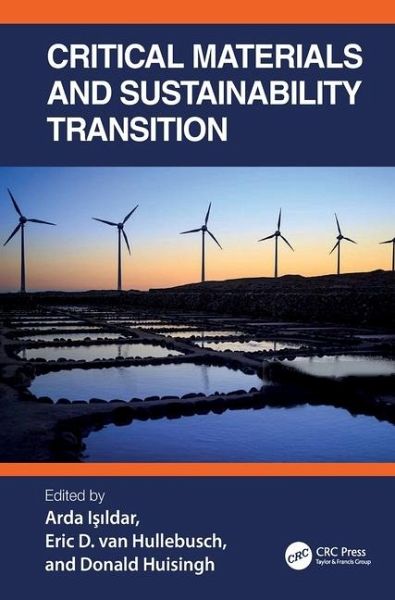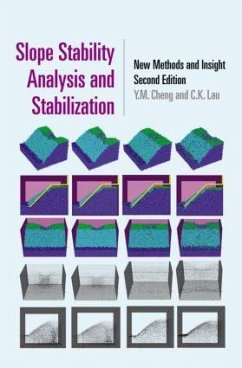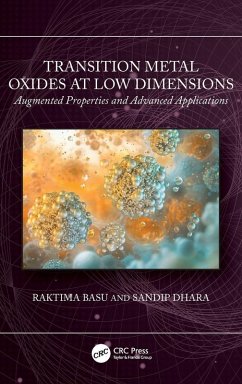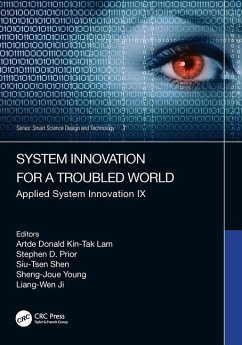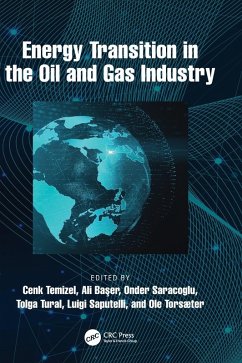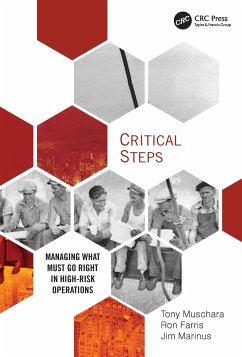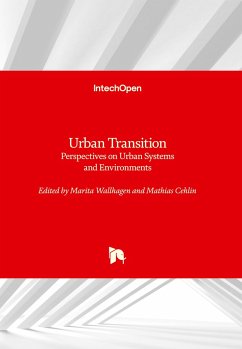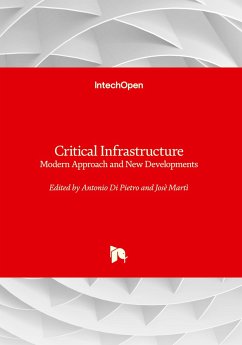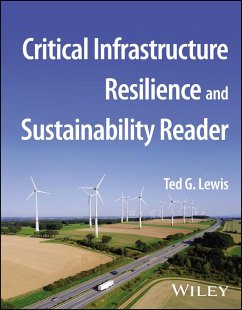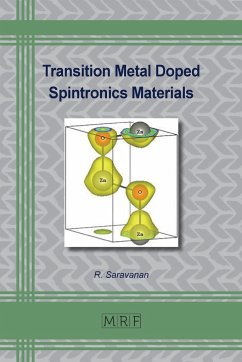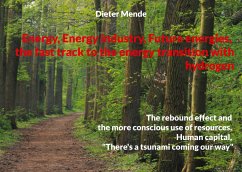Gebundenes Buch
Critical Materials and Sustainability Transition
Versandkostenfrei!
Versandfertig in 1-2 Wochen
Weitere Ausgaben:

PAYBACK Punkte
85 °P sammeln!




The book discovers the critical mineral requirements of the energy transition, forward-looking into three decades and matches that with the available budget. It takes a multi-perspective approach and gives insights from an industrial ecology, environmental engineering and sustainable management of natural resources perspective.
Arda I¿¿ldar is an independent author and consultant working on climate change, energy transition, and sustainable resource management. Previously, he worked on recycling of metals from wastes using innovative routes. His interest focuses on recovery of (critical) metals from wastes using novel routes and their techno-economic and sustainability assessment. Currently, he is involved in scholarly work regarding the critical mineral governance, energy transition scenarios, and climate change mitigation and adaptation. Arda advises large organizations in their net-zero strategy, critical minerals governance strategy, and climate change risk management. Arda has a PhD in environmental technology (joint degree IHE Delft/Delft University of Technology, Université Paris-Est Marne-la-Vallée), MSc in sustainable resource management (Technische Universität München) and BEng in environmental engineering (Istanbul University). Eric D. van Hullebusch is a full professor of biogeochemistry of engineered ecosystems at Université Paris Cité and the Institut de Physique du Globe de Paris (IPGP) in France. He has published many articles on recovery of metals from secondary resources. He is currently involved in international research projects in critical minerals production as well as recovery of critical minerals from secondary sources. Additionally, he has a long track record of research on (i) metals and metalloids biogeochemistry in engineered ecosystems; (ii) wastewater treatment for pollution control and resource recovery; and (iii) the investigation of living organisms on the weathering of materials and minerals and remediation of soils contaminated by organic contaminants. Eric is a recognized expert in critical minerals governance, particularly on the processing of primary minerals as well as recovery from secondary resources. Donald Huisingh is a retired full professor of sustainability. He was the founder of the Journal of Cleaner Production in 1992 and was editor-in-chief until 2015. He has more than 68 years of experience in teaching, researching, and publishing more than 350 articles and books about cleaner production, sustainable production and consumption, sustainable agriculture, sustainable societal development, and circular economies. He has taught in 40 countries and continues to teach online and in-person at many of those universities. His PhD from the University of Wisconsin in 1965 was in biochemistry and plant pathology. He is currently engaged in research projects in five countries on regenerative agriculture and on other climate change-related issues. He focuses on ways to make cities more livable and energy efficient via nature-based approaches that expand the "blue" and "green" dimensions of cities and surrounding regions. He is involved in integrative approaches to "circular economies." He is engaged in many universities in helping scientists, students, and policy makers to develop and implement processes to accelerate the transition to equitable, sustainable, livable, post-fossil carbon societies.
Produktdetails
- Verlag: CRC Press
- Seitenzahl: 180
- Erscheinungstermin: 21. Dezember 2023
- Englisch
- Abmessung: 250mm x 175mm x 14mm
- Gewicht: 500g
- ISBN-13: 9781032112213
- ISBN-10: 1032112212
- Artikelnr.: 68710480
Herstellerkennzeichnung
Libri GmbH
Europaallee 1
36244 Bad Hersfeld
gpsr@libri.de
Für dieses Produkt wurde noch keine Bewertung abgegeben. Wir würden uns sehr freuen, wenn du die erste Bewertung schreibst!
Eine Bewertung schreiben
Eine Bewertung schreiben
Andere Kunden interessierten sich für




